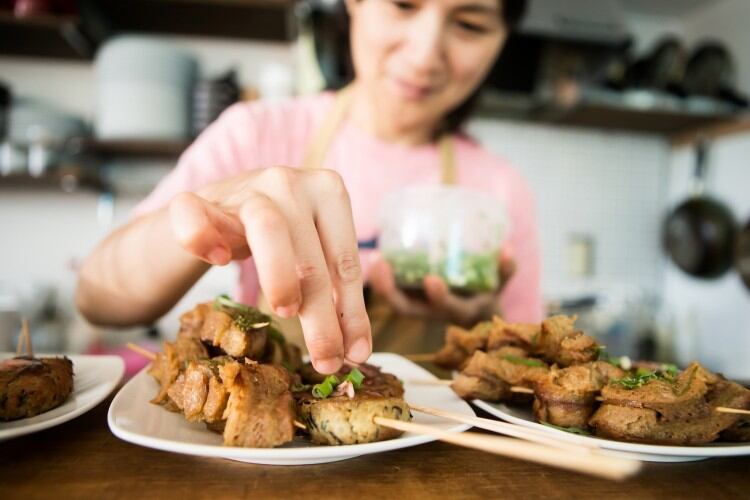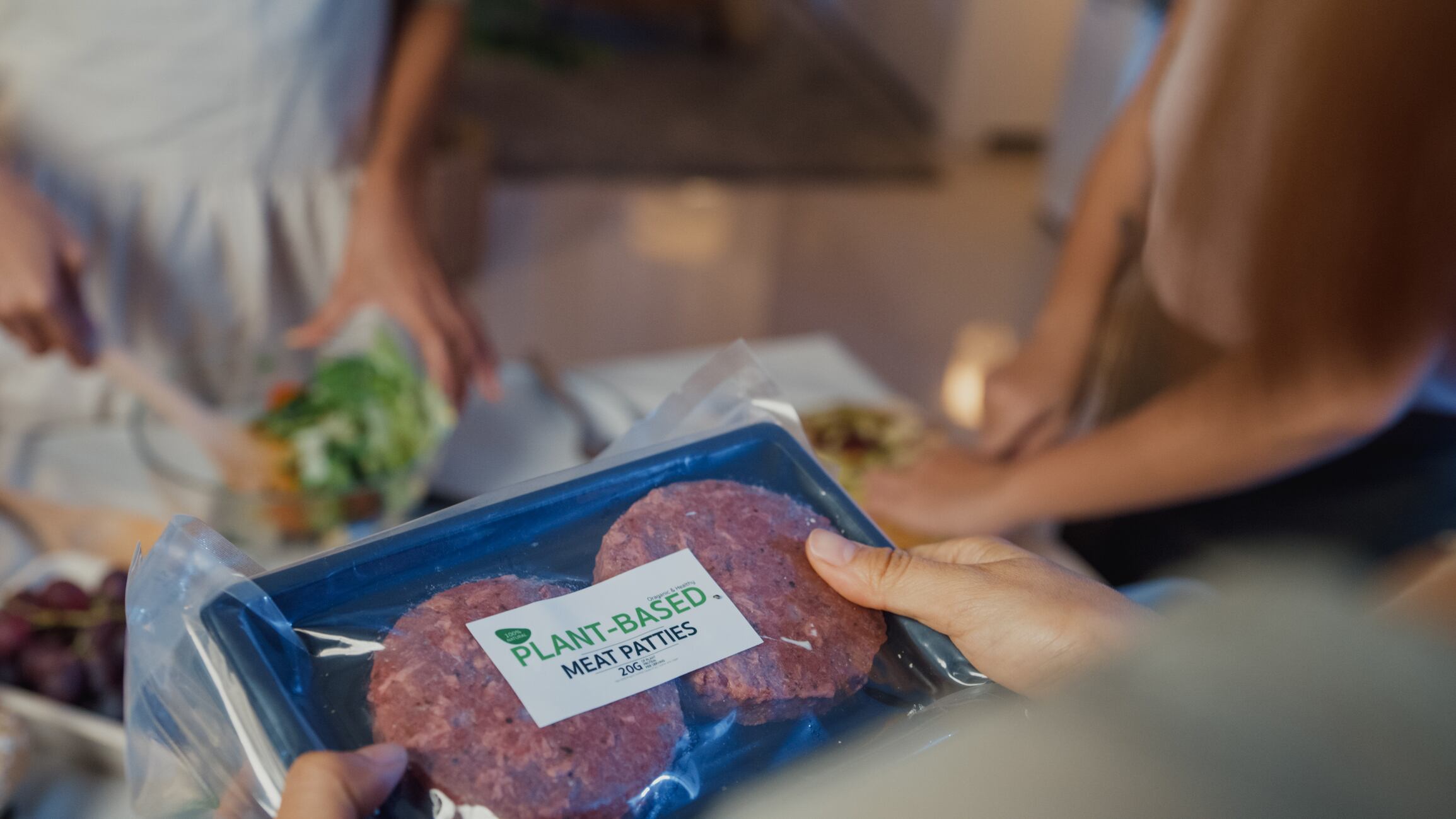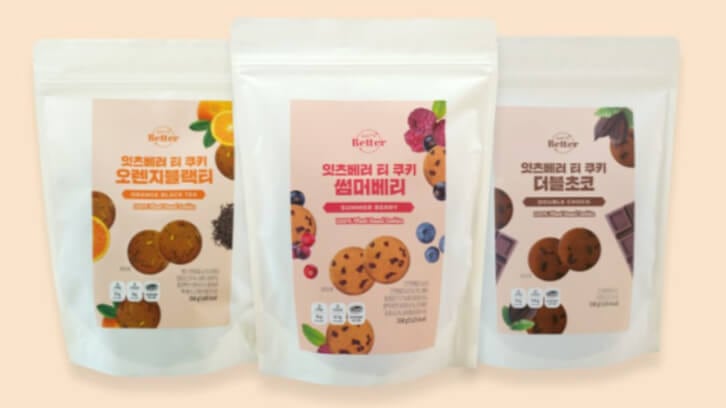Tastable is a branch-off of one of Japan’s largest hydrocolloid specialist firms Unitec Foods, which is in turn under the umbrella of the Fuji Nihon Seito multinational corporation.
This has provided the firm with existing expertise and manoeuvrability around the use of hydrocolloids to develop desired product textures.
“There is no doubt that hydrocolloids are indeed key ingredients when it comes to making plant-based foods with realistic and acceptable textures,” Unitec Foods Food Ingredient Managing Director Midori Shimura told FoodNavigator-Asia.
“In Japan, the plant-based sector faces a major challenge in terms of getting consumers to pay money to switch to plant-based products, even when these are launched by conventional meat brands and in formats they are familiar with such as nuggets, mostly because many of them believe that their existing diets are already reasonably healthy and they don’t feel any need to change.
“This is only made worse if the plant-based products don’t give them the same feeling when they taste or chew these as compared to when they taste or chew conventional meet products, which is where texture really comes into play as being very important – and our expertise allows us to create products that can have different types of textures and mouthfeels depending on what is needed.”
He added that the local Japanese plant-based market is currently only growing ‘slightly’ as a result of these challenges, and that the best way forward is likely to be to tackle this as less of a ‘meat replacement’ product, but more from a weight loss and health forward strategy.
“We are not looking to sell Nikuvege as a replacement or alternative to meat, as this is really not giving the industry as a whole a good image in Japan,” he said.
“The strategy we believe is the breakthrough is to position Nikuvege as a separate category on its own, just as there are dishes made with chicken or pork or fish, these can be made with Nikuvege.
“This has actually already been done before in Japan, with surimi which is commonly known as crabstick even though it does not contain any crab – this is no longer viewed as an alternative to crab meat here in Japan, but just another food ingredient in the market.
“The other important strategy to undertake is to turn to health factors as a way to motivate Japanese consumers to try plant-based foods – mentioning these as plant-based alone would not draw much interest, but highlighting reduced calories and other health aspects such as more fibre or protein would draw the attention of consumers who want to lose weight, for example.”
In terms of calorie reduction, he also stated that one possible way plant-based products can do this is to reduce the use of vegetable oil and replace these with alternative emulsiohasns.
Next stop Singapore
Although the firm does see Japan as its main base, it also has major overseas ambitions and has started its exports via a B2B partnership with the Love Handle diner in Singapore this year.
“Singapore is somewhat more advanced in terms of plant-based products compared to many others in this region, and we believe we must enter this as soon as possible,” he added.
“Growth in Japan remains a priority, and the major challenge for us with exports remains the cost of cold chain transportation for our frozen products, but we will continue to look to more export markets, from Singapore to Thailand.





